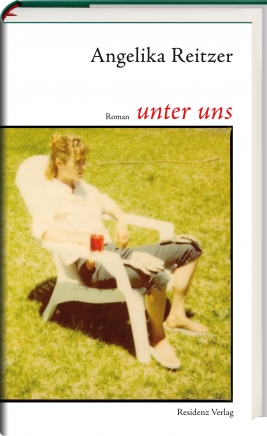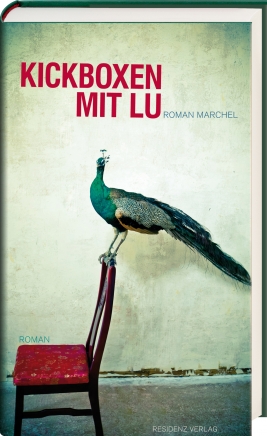
Anna Weidenholzer - Winter is good for fish
What do Miranda July, Markus Werner and Wilhelm Genazino have in common? Read this book and you’ll know
Maria has time to spare. So she often spends it sitting on a bench on the church square, watching people come and go, people with big goals on their minds but little time on their hands. Maria, an unemployed fabric saleswoman, knows about fabrics, knows what goes well together, knows what’s concealing weaknesses and what’s highlighting strengths. In her own case it’s more tricky: Which strength will help conceal her age on a market that doesn’t need her anymore? She isn’t old; still, her life is played in rewind, passing its chances, dreams and mischances: Otto, whom she forgets in the crisper; Walter, the Elvis Impersonator of the Mournful Countenance who widowed her; Eduard, who returned from town with another woman; her little sister who became so much of a mother that she even treats Maria like a child. By telling the stories of such quirky, eccentric, yet lovely people, Anna Weidenholzer draws the picture of a woman on the fringe of society. Which is still in the midst of life...
Book details
240 pagesformat:125 x 205
ISBN: 9783701715831
Release date: 22.02.2013
License rights
- World rights available







